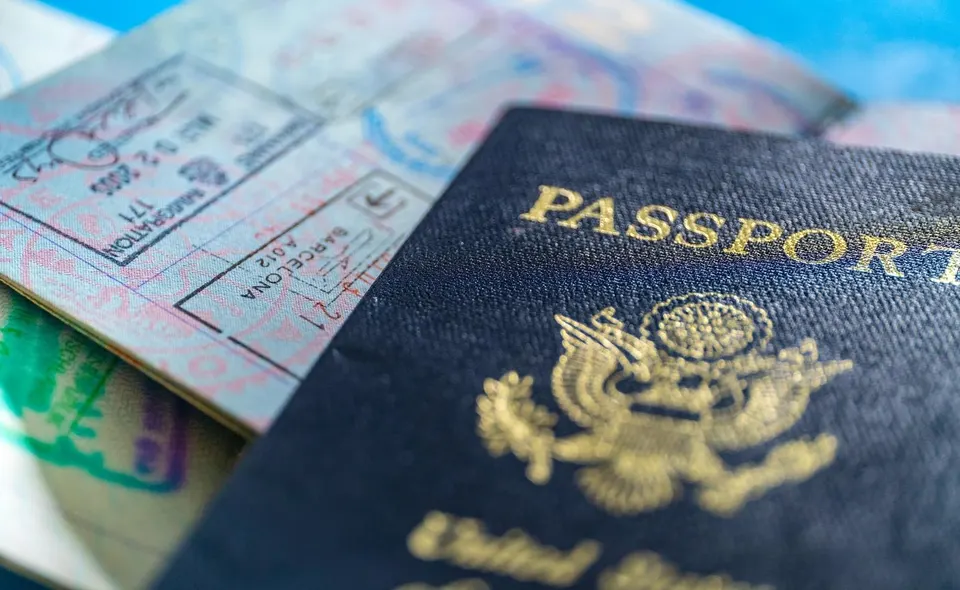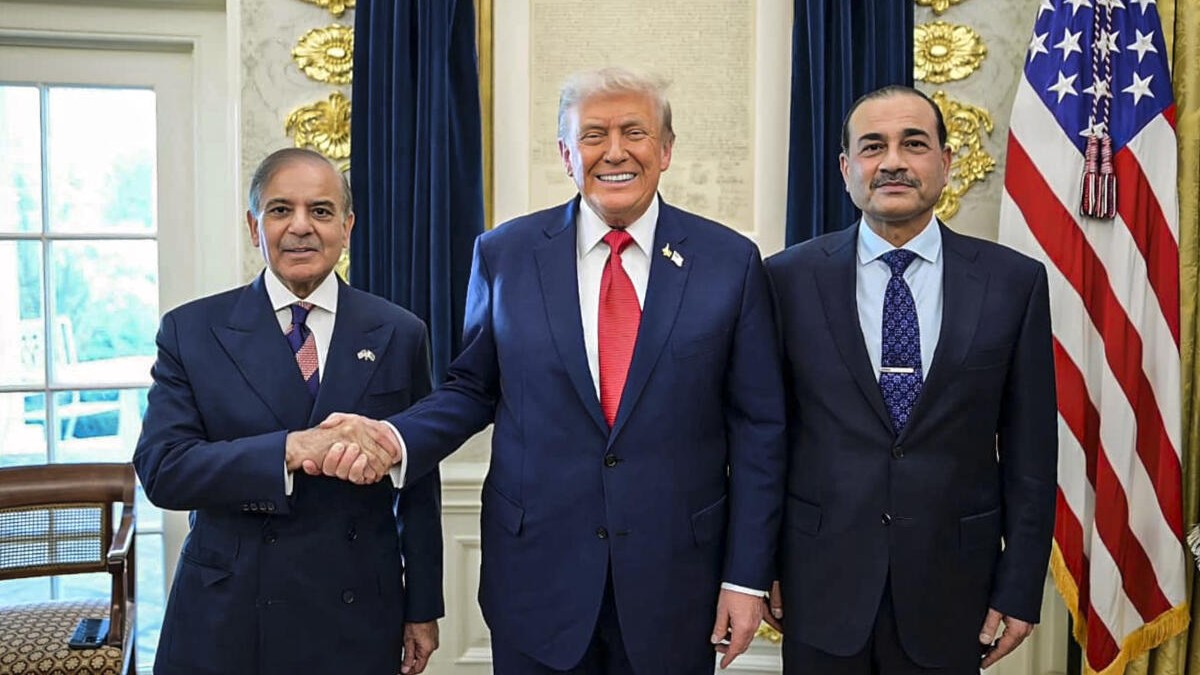Now Reading: U.S. Passport Falls Out of Top 10 for First Time in 20 Years: What’s Behind the Decline?
-
01
U.S. Passport Falls Out of Top 10 for First Time in 20 Years: What’s Behind the Decline?
U.S. Passport Falls Out of Top 10 for First Time in 20 Years: What’s Behind the Decline?

For the first time in two decades, the United States passport has dropped out of the top 10 most powerful passports globally, according to the 2025 Henley Passport Index. Once a leader in global mobility, the U.S. now shares 12th place with Malaysia, offering visa-free access to 180 destinations. This shift reflects broader changes in international relations, visa policies, and global mobility trends
Key Factors Behind the Decline
Several factors have contributed to the U.S. passport’s decline in the rankings:
- Reciprocity Issues: Countries like Brazil, Myanmar, and Vietnam have tightened visa requirements for U.S. travelers, citing a lack of reciprocal arrangements.
- Increased Global Mobility: Nations such as Singapore, Japan, and South Korea have expanded their visa-free access, surpassing the U.S. in the process.
- Policy Changes: Recent U.S. policies, including stricter immigration measures and the introduction of a $250 “visa integrity fee,” have been perceived as less welcoming, affecting the country’s openness ranking.
Implications for Global Travel
The U.S. now ranks 77th on the Henley Openness Index, allowing visa-free entry to only 46 nationalities. This disparity highlights a growing gap between the U.S.’s travel freedoms and its openness to foreign visitors. In contrast, countries like Kenya and Rwanda top the openness index, permitting entry to citizens from 198 countries.
Impact on Indian Travelers
For Indian passport holders, the U.S. passport’s decline may influence perceptions of global mobility. While the U.S. remains a popular destination for education, business, and tourism, the evolving dynamics underscore the importance of considering multiple factors when evaluating travel options.
Conclusion
The U.S. passport’s fall from the top 10 reflects shifting global dynamics in travel and diplomacy. As nations adapt to changing international relations, the concept of “passport power” continues to evolve, emphasizing the need for reciprocal agreements and open policies. This development serves as a reminder of the interconnectedness of global mobility and international relations.

























